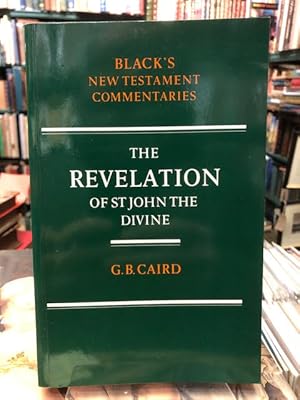2017 "Mercy is radical kindness. Mercy means offering or being offered aid in desperate straits. Mercy is not deserved. It involves absolving the unabsolvable, forgiving the unforgivable. Mercy brings us to the miracle of apology, given and accepted, to unashamed humility when we have erred or forgotten." Ann Lamott, Hallelujah Anyway: Rediscovering Mercy. Novelist.
Mercy — a word deceptive in its seeming softness, for beneath its surface radiance lurks a dark core: the very concept of mercy only exists because of and as a counterpoint to our capacity for cruelty. Mercy is the conscious choice to be kind when one can be cruel — without cruelty, there is no mercy. Brian Pickings.
2014 "True love is when two people's pathologies complement one another's." Alex Grey. Love is, by definition, crazy and irrational. And the best love works when our irrationalities complement one another and our flaws enamor one another. It may be our perfections that attract one another. But it's our imperfections that decide whether we (love each other) or not.
"Successful couples (all worthwhile friendships and relationships) accept and understand that some conflict is inevitable, that there will always be certain things they don't like about their partners or things they don't agree with, and that this is fine. You shouldn't need to feel the need to change somebody in order to love them. And you shouldn't let some disagreements get in the way of what is otherwise a happy and healthy relationship. 6healthy-relationship-habits. The truth is, trying to resolve a conflict can sometimes create more problems than it fixes. Some battles are simply not worth fighting. And sometimes the most optimal relationship strategy is one of 'live and let live.'"
The sad result of preaching, teaching and emphasizing obedience, obeying the Bible and the Law, and the fear of preaching Grace: "Over the last couple of years, we have really been struggling with the preaching in our church as it has been very law laden and moralistic. After listening, I feel condemned with no power to overcome my lack of ability to obey. Over the last several months, I have found myself very spiritually depressed, to the point where I had no desire to even attend church. Pastors are so concerned about somehow preaching "too much grace" (as if that is possible), because they wrongly believe that type of preaching leads to antinomianism or licentiousness. But, I can testify that the opposite is actually true. I believe preaching only the law and giving little to no gospel actually leads to lawless living. When mainly law is preached, it leads to the realization that I can't follow it, so I might as well quit trying. At least, that's what has happened to me."
2013 The gospel renews and makes mission vibrant. But mission burdens and makes people tired.
One cannot know God without reference to oneself and one cannot know oneself without reference to God.
"The design of the gospel is to bring us to brokenness not brokendownness; to release the aroma of grace not the stench of shame."
N.T. Wright on a "normal" day and writing: There is teaching, grandchildren, chickens to feed and clean out, shopping, examining Ph D theses, and all the other fun of family and academic life. But, left to myself (as has happened all too rarely!), I get up very early (5ish), say my prayers, have breakfast, and ideally am at the desk by about 6.30 or 7. Then I can have a really good morning before a late lunch, perhaps a walk, then back to work mid-afternoon, with supper around 7.30, read something for an hour or two, prayers and bed by 10.30 or 11.
However even within this (highly idealized) scenario, sometimes the 'work' will consist of simply writing, as fast as I can; sometimes of reading, slowly and carefully, a major new commentary or monograph; sometimes of a mixture of the two plus combing through journals, reviews, online materials … of all of these I prefer the writing task, because of the sheer joy of words and language and the delight in finding a creative way of saying something. The week in my life which most nearly corresponds to the ideal was the week, in spring 2006, when I wrote Acts for Everyone. I began it on a Saturday, had most of the Sunday off, and finished it in the small hours of the following Sunday. I have no idea how many thousand words that was but all I had to do was to sit down at the desk and turn on the tap. It was exhilarating.
2012 "The mystery has been revealed, and yet, the mystery continues. It is within our grasp, yet it surpasses our knowledge. We are able to know the truth, yet are called to continue to move toward a God who clothes himself in darkness. Our faith is not blind, yet our certainty is in things not seen." Arnie Gentile.
2010 Pragmatic evangelism is "doing" evangelism in a way that elevates success & method over anything else. Pragmatic evangelism only asks the question "what works?" not "who are we to be as evangelists?" The greatest obstacle to healthy evangelism is pragmatism: "doing evangelism" b4 we ever think who we are meant to be. J Mack Stills.
















